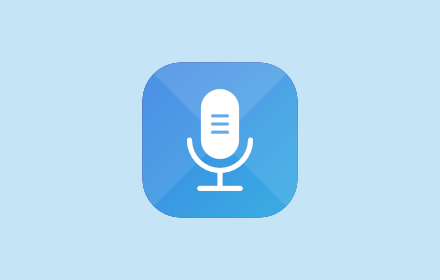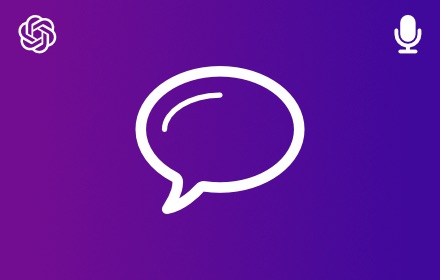Speech Recognition Technology Fundamentals
Understanding the Speech Recognition Technology Fundamentals is essential for anyone interested in the future of human-computer interaction. This technology has rapidly evolved from its rudimentary origins to become a staple in various applications such as virtual assistants, accessibility tools, and hands-free devices. By diving into the mechanics behind speech recognition, we can appreciate the complexity and innovation driving this field forward.
The Core Components of Speech Recognition
The first step in comprehending speech recognition technology involves dissecting its core components. Initially, an audio input is captured; this is typically a user's spoken word or phrase. The audio signal is then processed to filter out noise and improve clarity. After preprocessing, speech recognition systems utilize a combination of algorithms and models to identify and transcribe spoken language into text.
Acoustic Modeling
Acoustic modeling is a fundamental element in the speech recognition process. It involves training a system to recognize the distinct sounds of speech, known as phonemes. Each language contains a unique set of phonemes, making acoustic modeling a language-specific task. Advanced models such as Hidden Markov Models (HMMs) or deep neural networks are employed to predict phonemes from audio signals. These models are regularly upgraded as voice-assisted technologies improve.
Language Modeling
Language modeling is another essential part of speech recognition technology. While acoustic models focus on sounds, language models concentrate on word sequences. They predict the probability of a word or phrase following others, incorporating the rules of syntax and grammar. Statistical models, including N-gram models, and more recently, machine learning-based approaches, have been employed to enhance the accuracy of language modeling.
Speech Recognition Accuracy and Challenges
One of the key measures of a speech recognition system's performance is its accuracy. This is defined by how well the system can understand and transcribe spoken words correctly. However, speech recognition technology still faces significant challenges. Background noise, accents, and dialects can affect recognition accuracy. Continuous advancements in machine learning, particularly deep learning, are mitigating these issues and pushing the boundaries of what's possible with speech recognition.
Handling Variability in Speech
Human speech is incredibly variable, influenced by factors such as emotion, speed, and clarity. Speech recognition systems must be robust enough to handle this variability. Researchers and developers consistently work to refine algorithms to better capture and interpret the divergent nature of spoken language, thereby improving the system's resilience to speech variations.
Adapting to User Differences
One of the biggest hurdles for speech recognition technology is adapting to individual user differences. This includes understanding various accents, speech impairments, and colloquialisms. Speech recognition systems are increasingly incorporating adaptive algorithms that learn from user interactions. By doing so, they offer a more personalized and effective user experience.
The Future of Speech Recognition Technology
As the Speech Recognition Technology Fundamentals continue to advance, we can expect to see even greater integration into our daily lives. The future promises enhancements in natural language understanding, further personalization, and seamless integration with IoT devices. This progress will open new avenues for users and developers alike.
Advancement in Natural Language Processing
Natural Language Processing (NLP) advancements play a significant role in the future of speech recognition technology. These advancements aim to bridge the gap between human speech nuances and machine interpretation, creating systems that can understand context, intent, and even emotions.
Personalization and Accessibility Improvements
Future developments in speech recognition will likely include better personalization options for users and enhanced accessibility features. This could mean a more inclusive technology that caters to a broader range of speech patterns, including those with speech disorders. With this, speech recognition technology can bring about new levels of independence and empowerment for all users.
In conclusion, Speech Recognition Technology Fundamentals form the backbone of an increasingly voice-driven technological landscape. From assisting with daily tasks to aiding those with disabilities, the impact of accurate and intuitive speech recognition is profound. As developers and innovators continue to refine these systems, the way we interact with machines is bound to become more natural and efficient.
Subscribe to our newsletter
Subscribe to our newsletter for tips, exciting benefits, and product updates from the team behind Voice Control!
Other projects from the team

Talkio AI
The ultimate language training app that uses AI technology to help you improve your oral language skills.

TalkaType
Simple, Secure Web Dictation. TalkaType brings the convenience of voice-to-text technology directly to your browser, allowing you to input text on any website using just your voice.

Voice Control for Gemini
Expand the voice features of Google Gemini with read aloud and keyboard shortcuts for the built-in voice recognition.